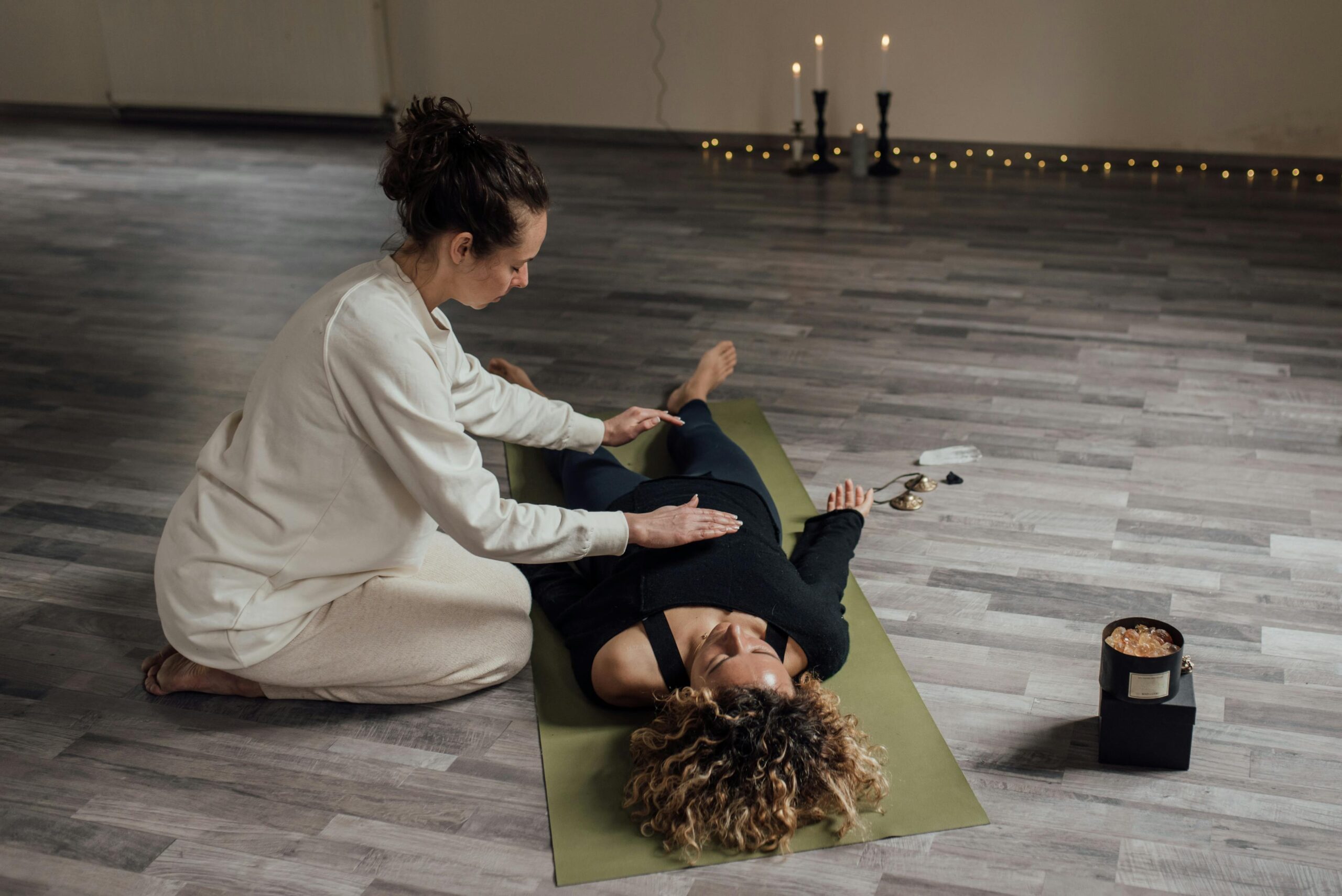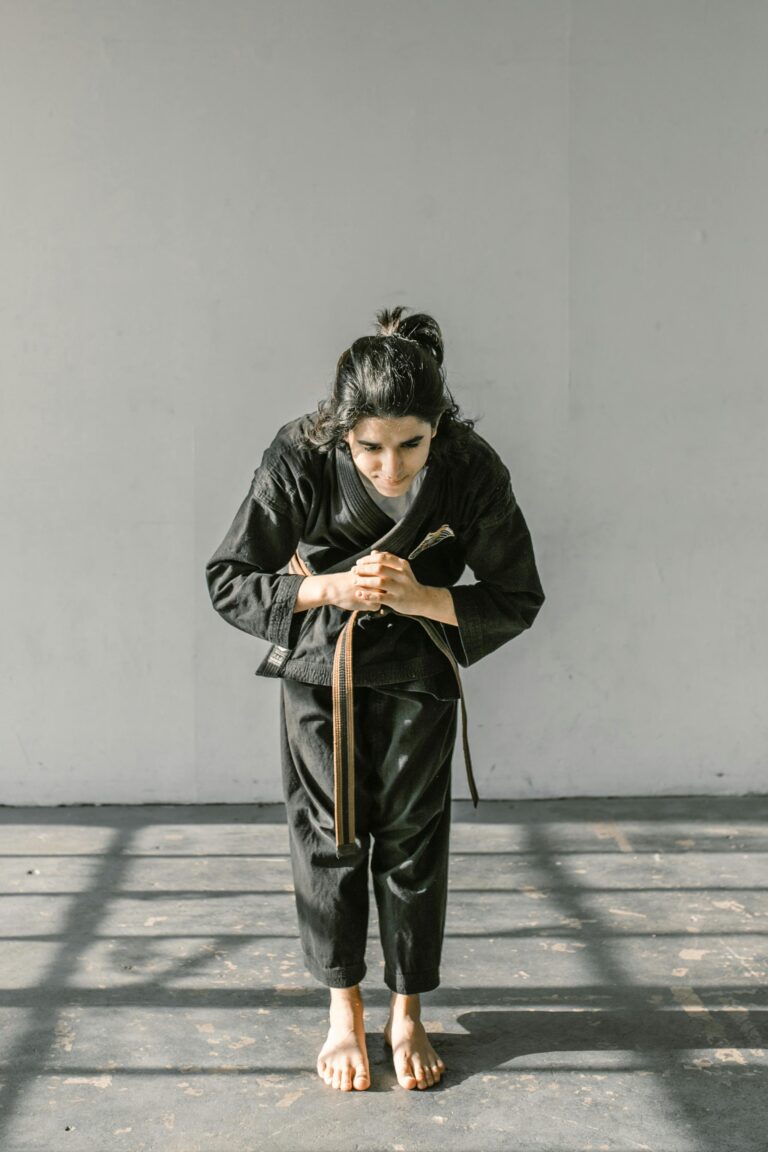Is Sitting Better Than Lying Down?
Ah, the eternal debate: to sit or to lie down? It’s a question that has plagued humanity since the dawn of the couch. Whether you’re lounging on your favorite recliner or perched at your desk, it’s important to consider the implications of each position on our health and well-being. So, let’s dive into the nitty-gritty of this age-old question, all while keeping things light and engaging.
The Science of Sitting
Sitting is often seen as the lesser of two evils when it comes to our sedentary lifestyles. After all, we spend an astonishing amount of our day in a seated position—whether at work, during commutes, or while binge-watching our latest Netflix obsession. But what does the science say about sitting? Is it really better than lying down?
Studies have shown that prolonged sitting can lead to a host of health issues, including obesity, cardiovascular disease, and back pain. The body, it seems, was not designed for extended periods of immobility. You might find yourself thinking, “But I’m sitting up—surely that’s better than lying down?” Well, here’s where it gets interesting.
The Perks of Sitting
Sitting can have its benefits, especially when it’s done mindfully. Here are a few upsides:
- Posture Control: When you sit up straight, you engage your core muscles, which can help improve your posture over time.
- Social Interactions: Sitting is often a communal activity. Whether it’s at a café or a boardroom, sitting allows for conversation and collaboration.
- Productivity Boost: For many, sitting at a desk can enhance focus and productivity, especially with the right ergonomic setup.
So yes, in moderation, sitting can be beneficial. But let’s not forget the flip side of the coin.
The Downside of Sitting
While sitting has its perks, it’s essential to acknowledge the darker side of this seemingly innocent activity. The phrase “sitting is the new smoking” has gained traction for a reason. Here’s what can happen when you become a full-time sitter:
- Increased Health Risks: Studies link prolonged sitting with higher risks of diabetes, heart disease, and even some cancers. Yikes!
- Muscle Weakness: Sitting for long stretches can lead to muscle atrophy, especially in your glutes and core. Your body might start resembling a potato.
- Back Pain: Poor posture while sitting can lead to chronic back pain. If your chair is like an ancient throne, it might be time for an upgrade!
The Cozy Side of Lying Down
Now, let’s talk about lying down. Ah, the sweet embrace of your bed after a long day. Who doesn’t love that? But is it really better for you than sitting? Let’s explore.
Lying down can be a wonderful way to relax and unwind. It’s an excellent position for restorative activities like reading or napping. Plus, if you’re feeling under the weather, nothing beats the comfort of horizontal lounging. However, not all lying down is created equal. Here’s how it stacks up:
The Benefits of Lying Down
- Relaxation: Lying down can lower stress levels and promote relaxation, especially when paired with a cozy blanket and a good book.
- Spinal Alignment: When done correctly, lying down allows for proper spinal alignment, especially on a supportive mattress.
- Circulation Improvement: Elevating your legs while lying down can enhance blood circulation, a boon for those with tired feet.
The Downsides of Lying Down
But before you dive headfirst into your bed, let’s consider the drawbacks of lying down for too long:
- Inactivity: Extended periods of lying down can lead to muscle stiffness and decreased mobility. It’s not just your couch that gets comfortable; your body does too!
- Sleep Issues: If you’re lying down too much during the day, your body may confuse daytime rest with nighttime sleep, leading to insomnia.
- Potential for Poor Posture: If you’re lounging incorrectly, you could end up with neck or back pain instead of relaxation.
Finding the Right Balance
So, is sitting better than lying down? The answer isn’t black and white. Rather, it’s a beautiful shade of gray. Balance is key. Here are some tips for navigating your daily routine:
- Alternate Positions: Mix it up! Try standing desks, or take short breaks to stretch and walk around.
- Mind Your Posture: Whether sitting or lying down, ensure you’re maintaining good posture to avoid unnecessary strain.
- Listen to Your Body: If you feel stiff or sore, it’s time to change positions. Your body will thank you for it.
In the end, the best position often depends on the context of your day and your personal needs. So, the next time you find yourself choosing between sitting or lying down, remember to consider the health implications and choose wisely. And don’t forget to enjoy the journey—after all, life is too short to spend it in one position!


